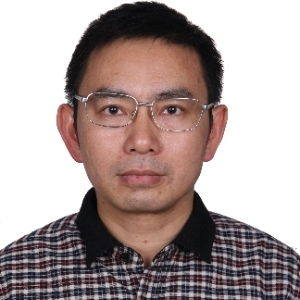Title : Failure mechanism of cement sheath interface integrity under severe alternating temperature
Abstract:
The wellbore integrity is threatened by severe alternating temperature and pressure in ultra-deep wells, leading the failure of cement sheath, such as deformation, damage, leakage, and interface debonding, which seriously threatens wellbore safety and greatly reduces the safe service life of ultra-deep wells. Hence, based on typical well structure in some ultra-deep wells, the interface integrity testing of cement sheath under severe alternating temperature has been conducted by using self-developed full-scale “production casing-cement sheath-technical casing” system experiment device. The interface mechanical behavior for cement sheath has been investigated and the cycle numbers required for interface debonding and disappearing of interaction between casing and cement sheath (The shearing force, chemical bonding force, friction force, shearing strength and bonding strength is all equal to 0) under thermal cycling have been obtained. The decay mechanism for interface mechanical of cement sheath under severe alternating temperature have been clarified. The results show that the temperature and thermal cycling have significant negative effects on the cement sheath interface integrity, which poses a serious threat to wellbore integrity. The alternating temperature first destroys the chemical bonding between the casing and cement sheath interface, causing the decrease of chemical bonding force and shearing force before interface debonding. When the chemical bonding force decreases to 0, interface debonding occurs and micro-annulus generates. The micro-annulus will increase with the increase of alternating number after interface debonding, which cause the decrease of friction force and shearing force. The interface debonding for ordinary cement sheath occurs after 3rd alternating at 150?, 1st alternating at 200?, 1st alternating at 250?, respectively, which is similarly for tough cement sheath after 6th alternating at 150?, 1st alternating at 200?, 1st alternating at 250?, respectively. The interaction between casing and ordinary cement sheath completely disappears after 10th alternating at 150?, 4th alternating at 200?, 2nd alternating at 250?, respectively, which is similarly for tough cement sheath after 16th alternating at 150?, 7th alternating at 200?, 3rd alternating at 250?, respectively. The research results can provide a new method and concept for the optimization design of wellbore integrity and cement sheath integrity in deep wells and ultra-deep wells



